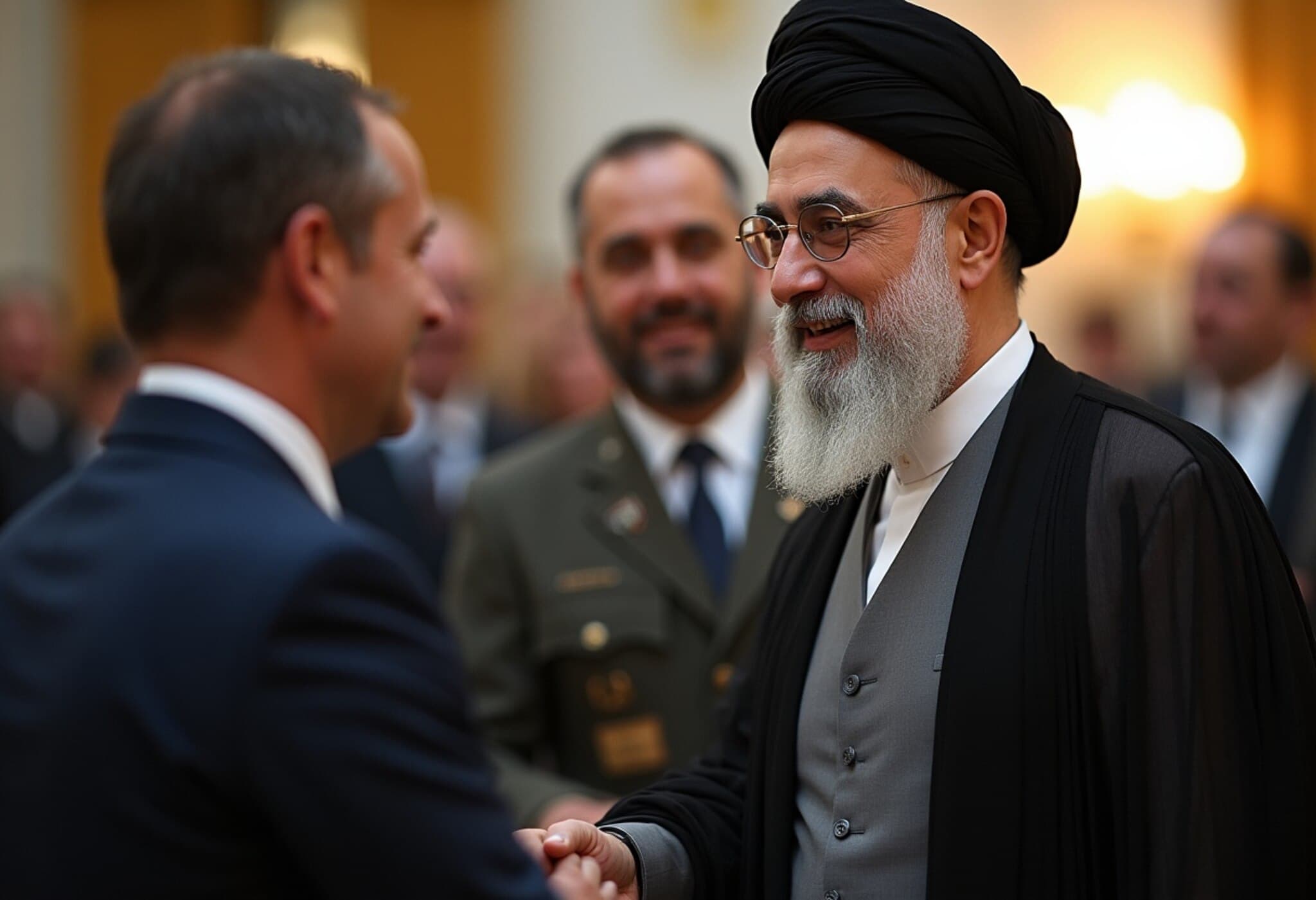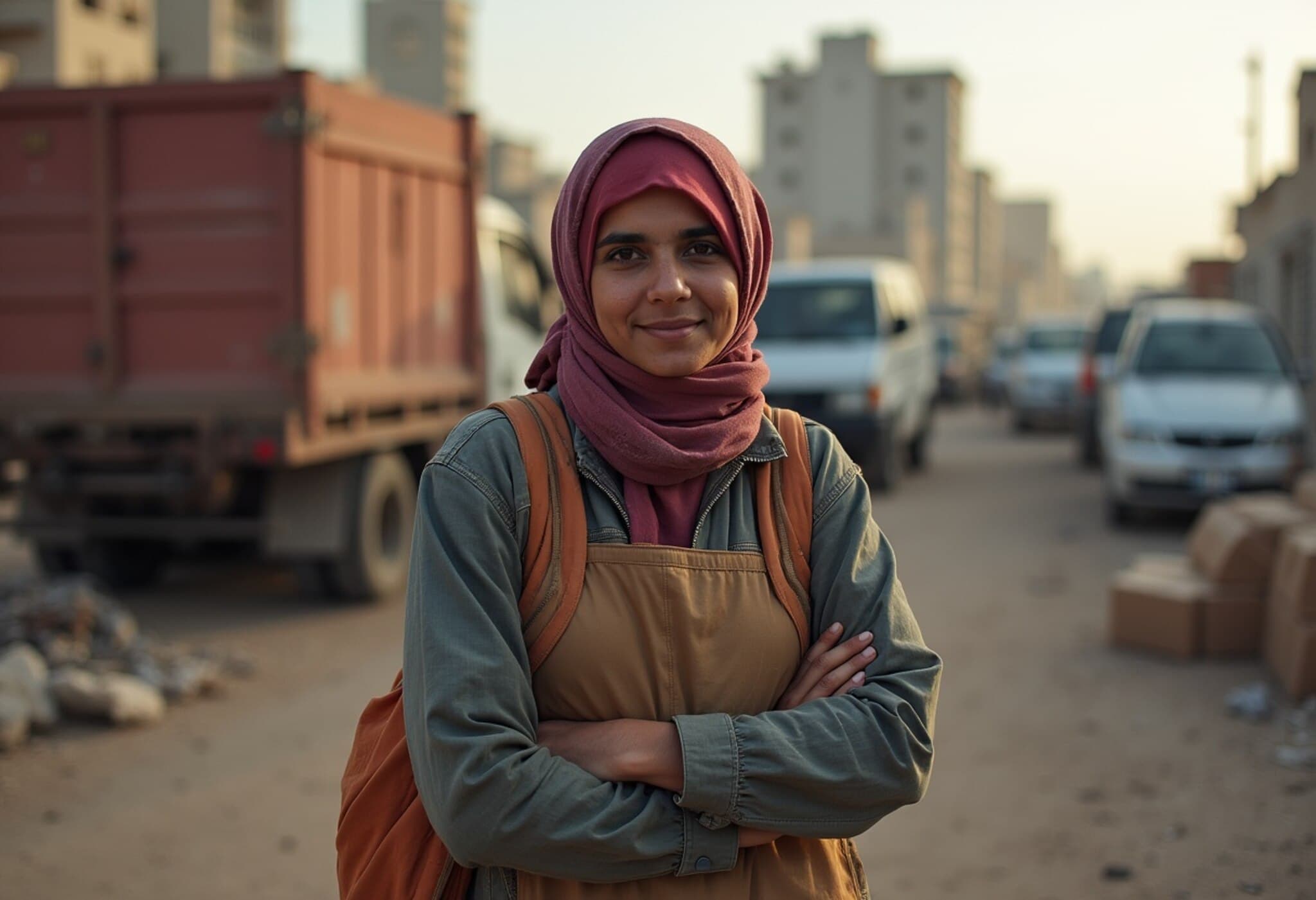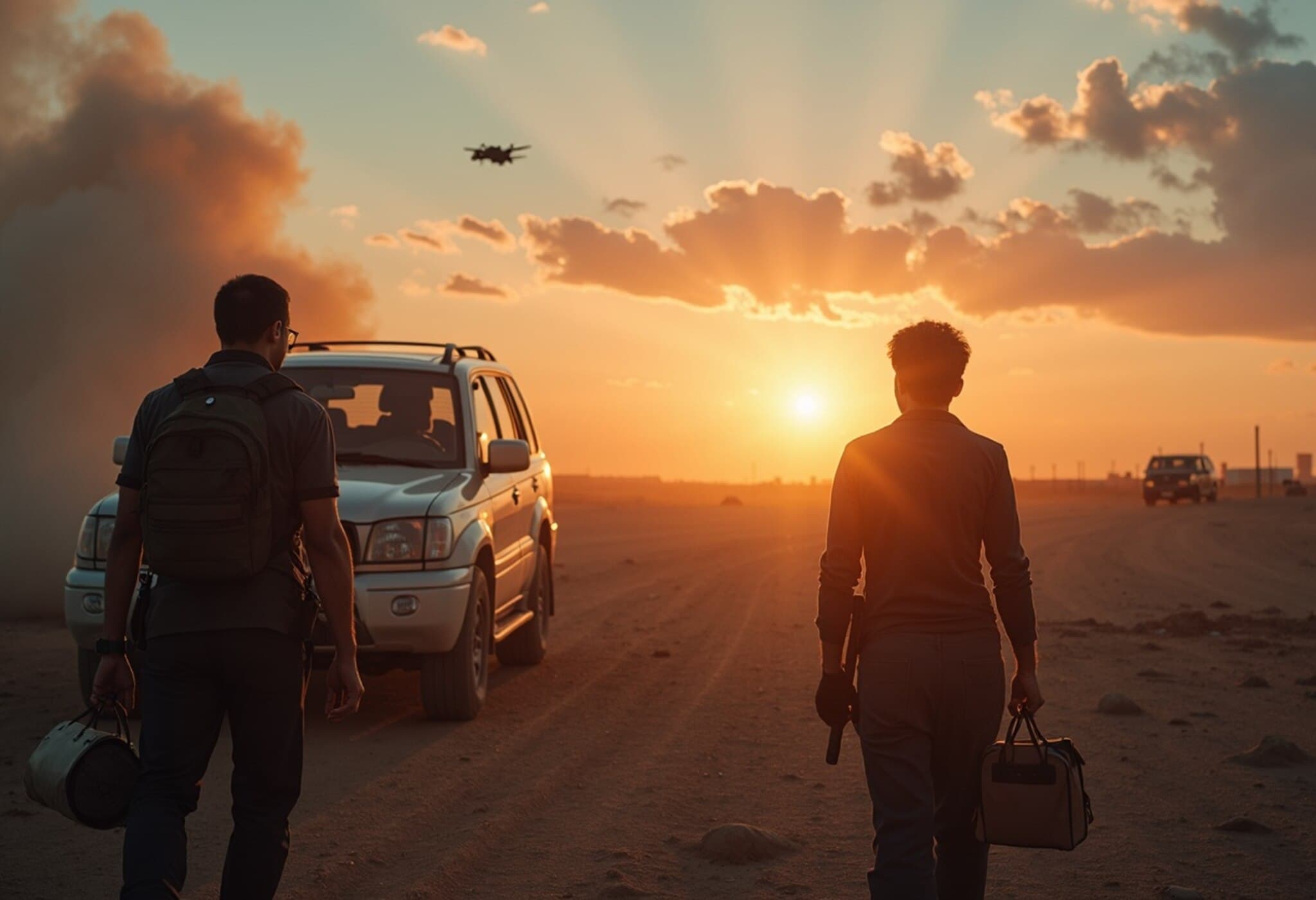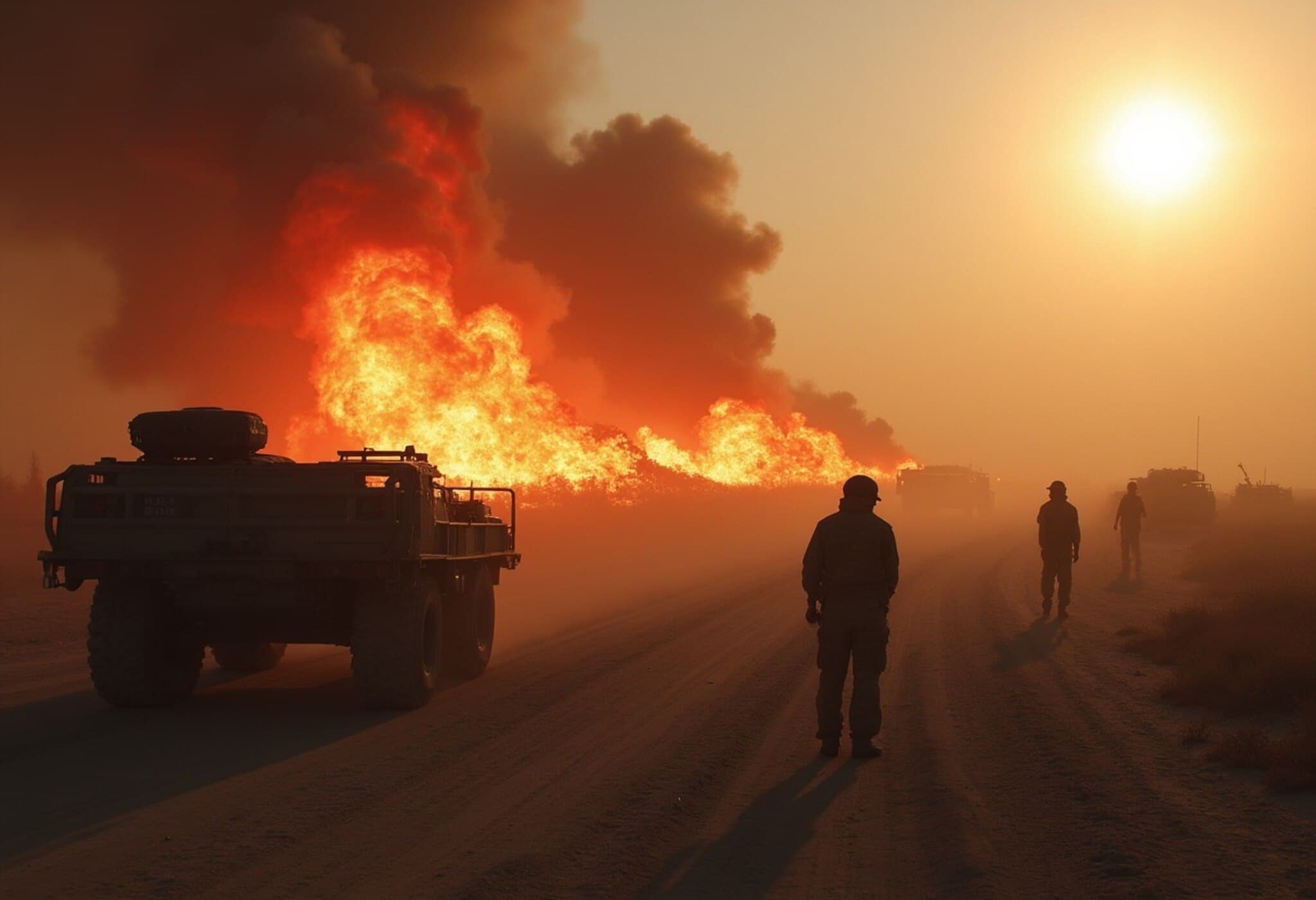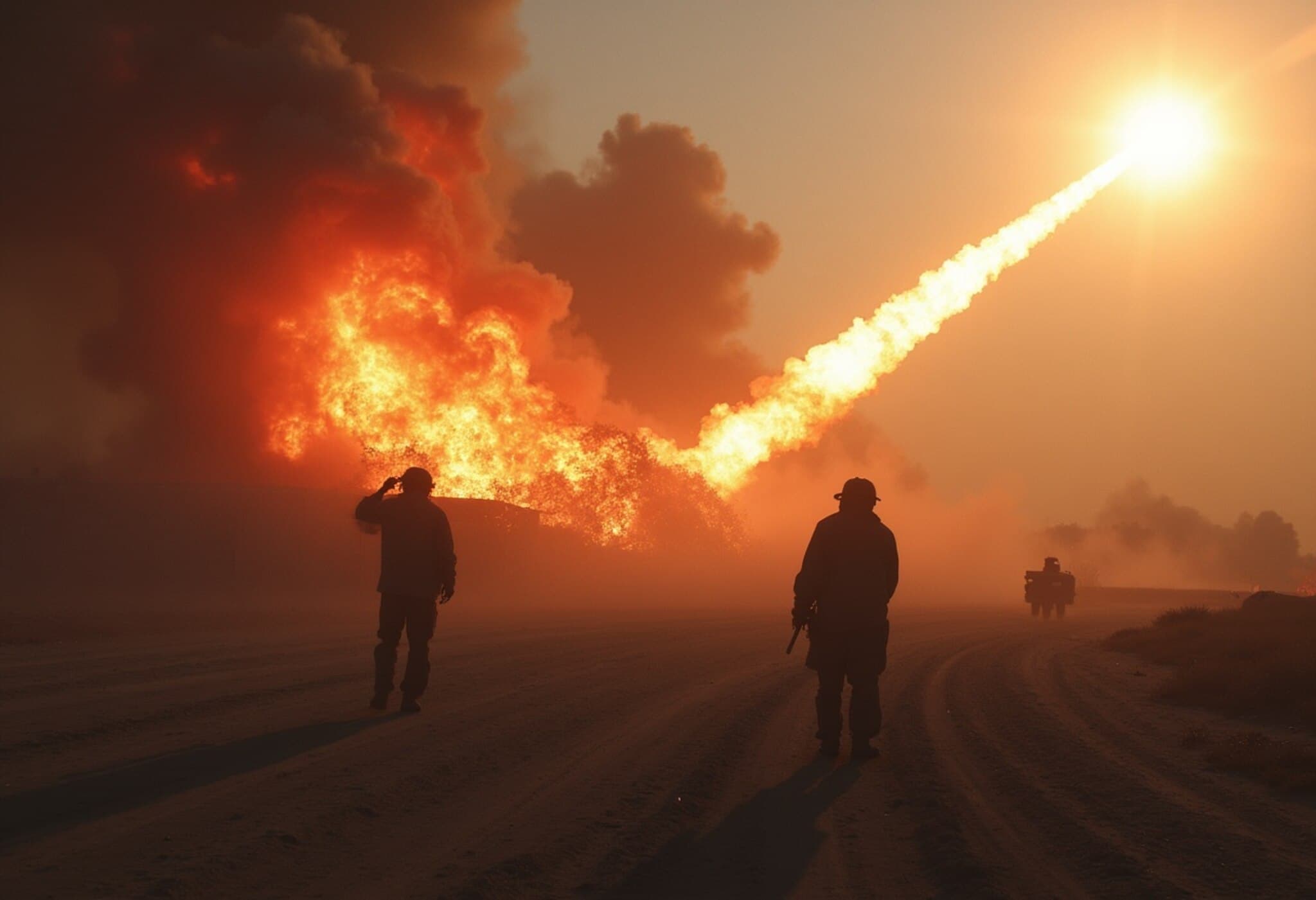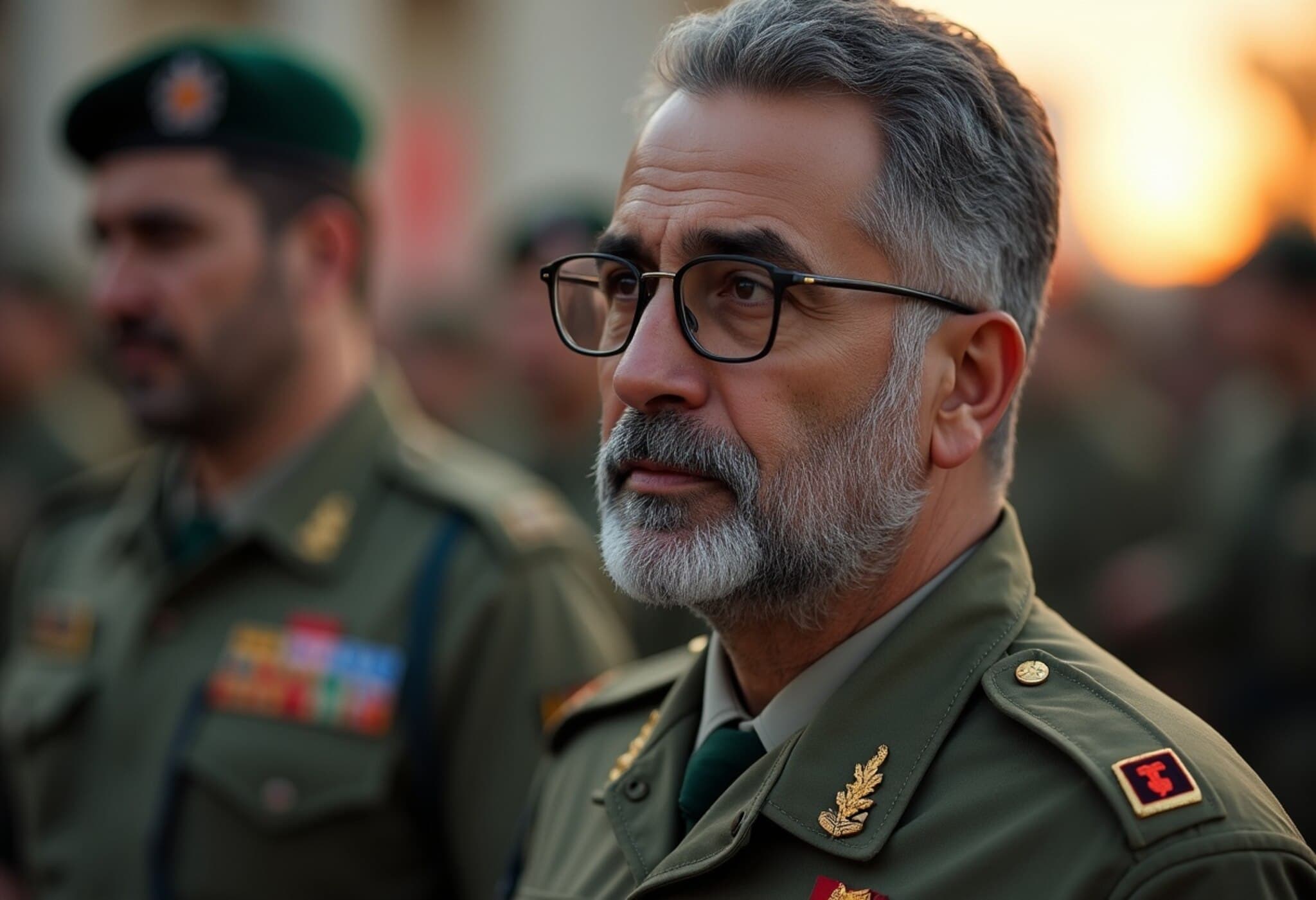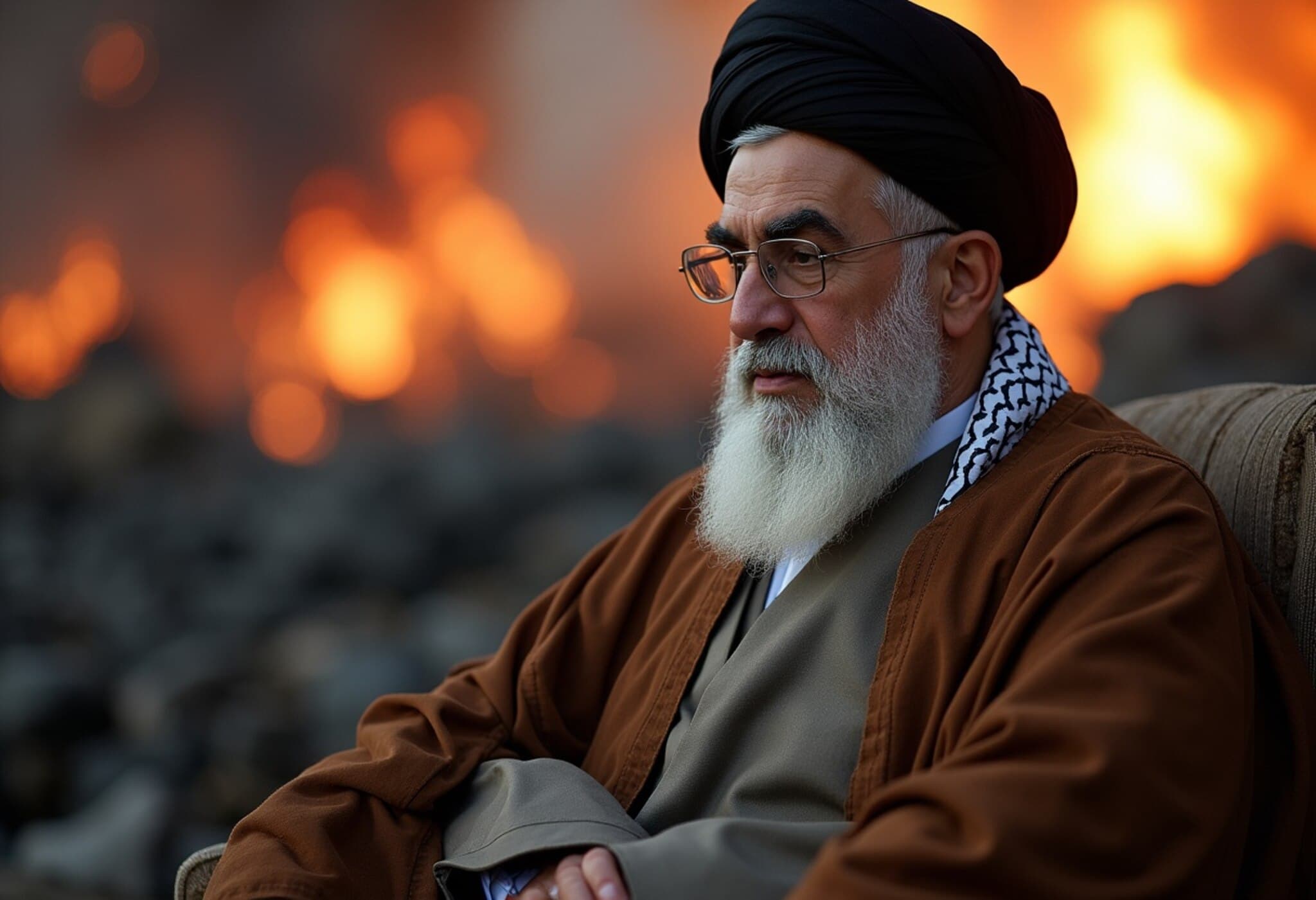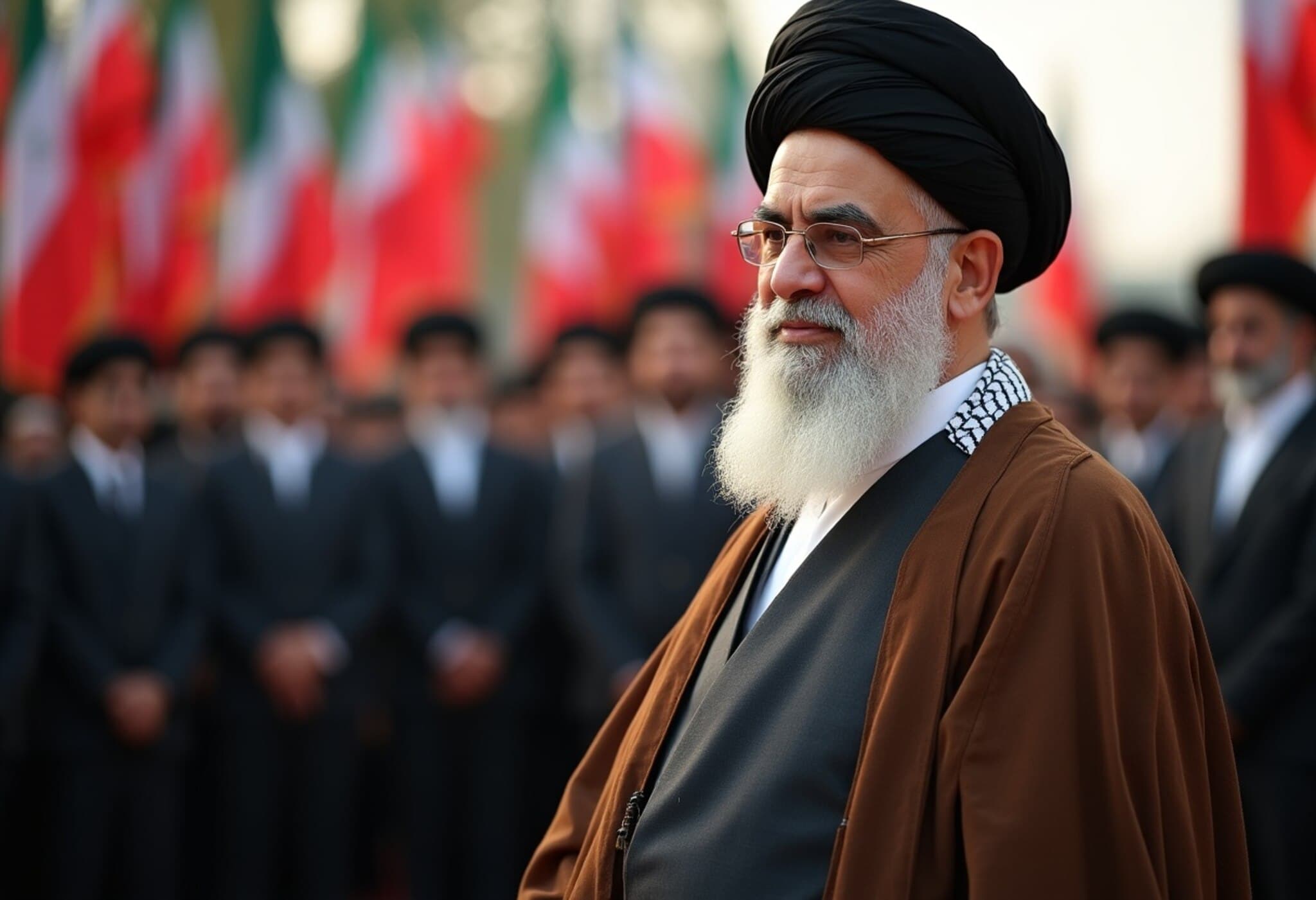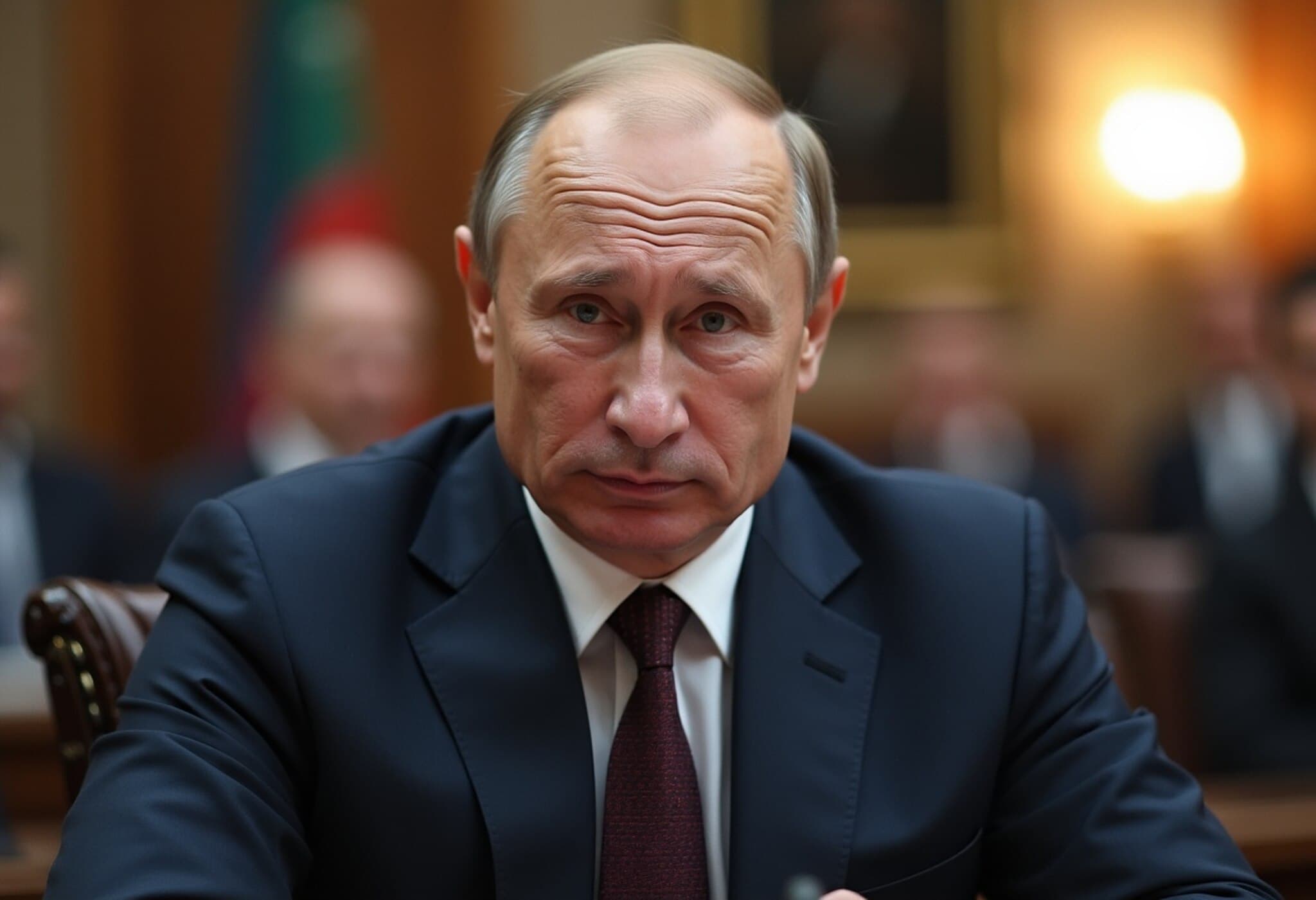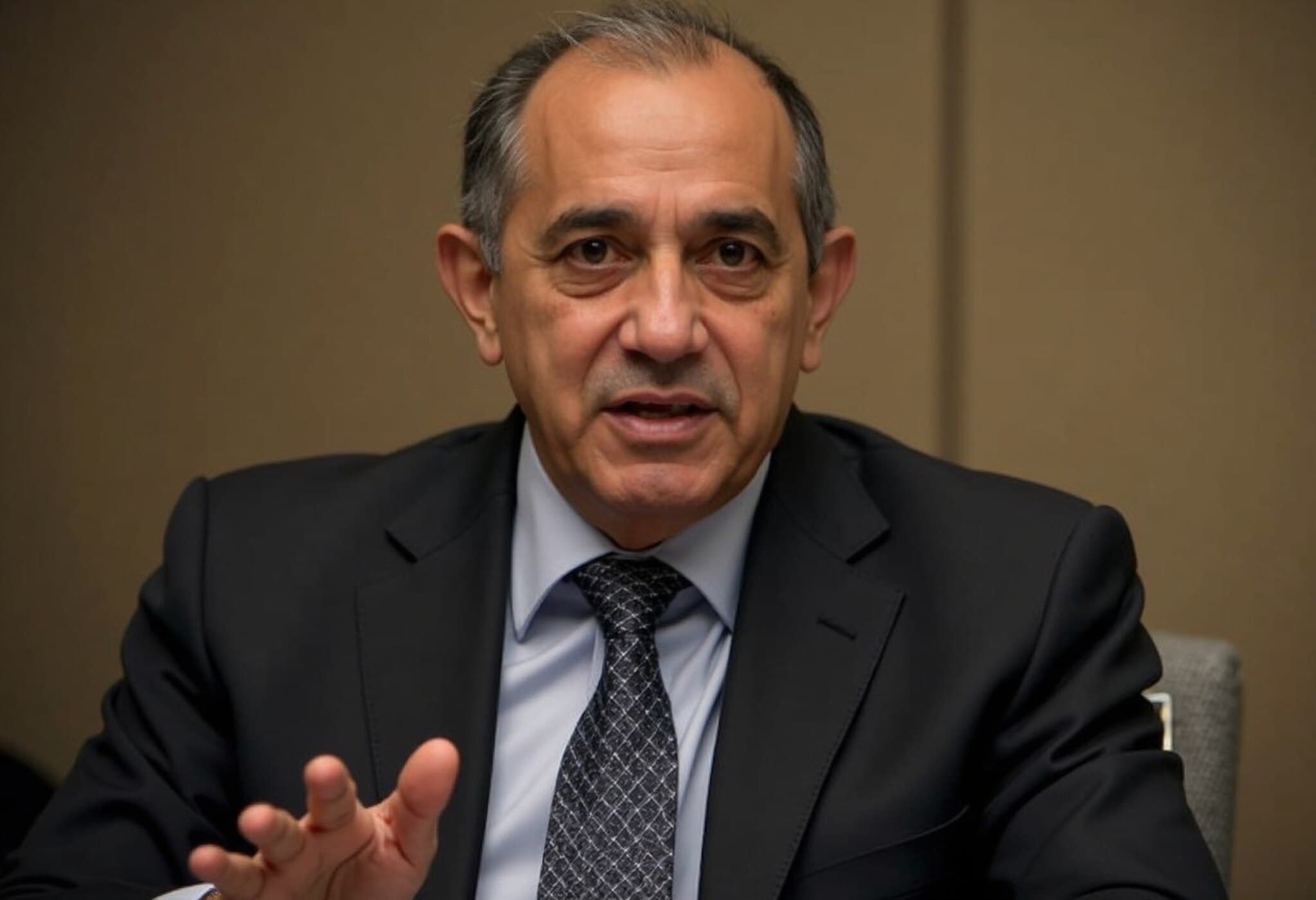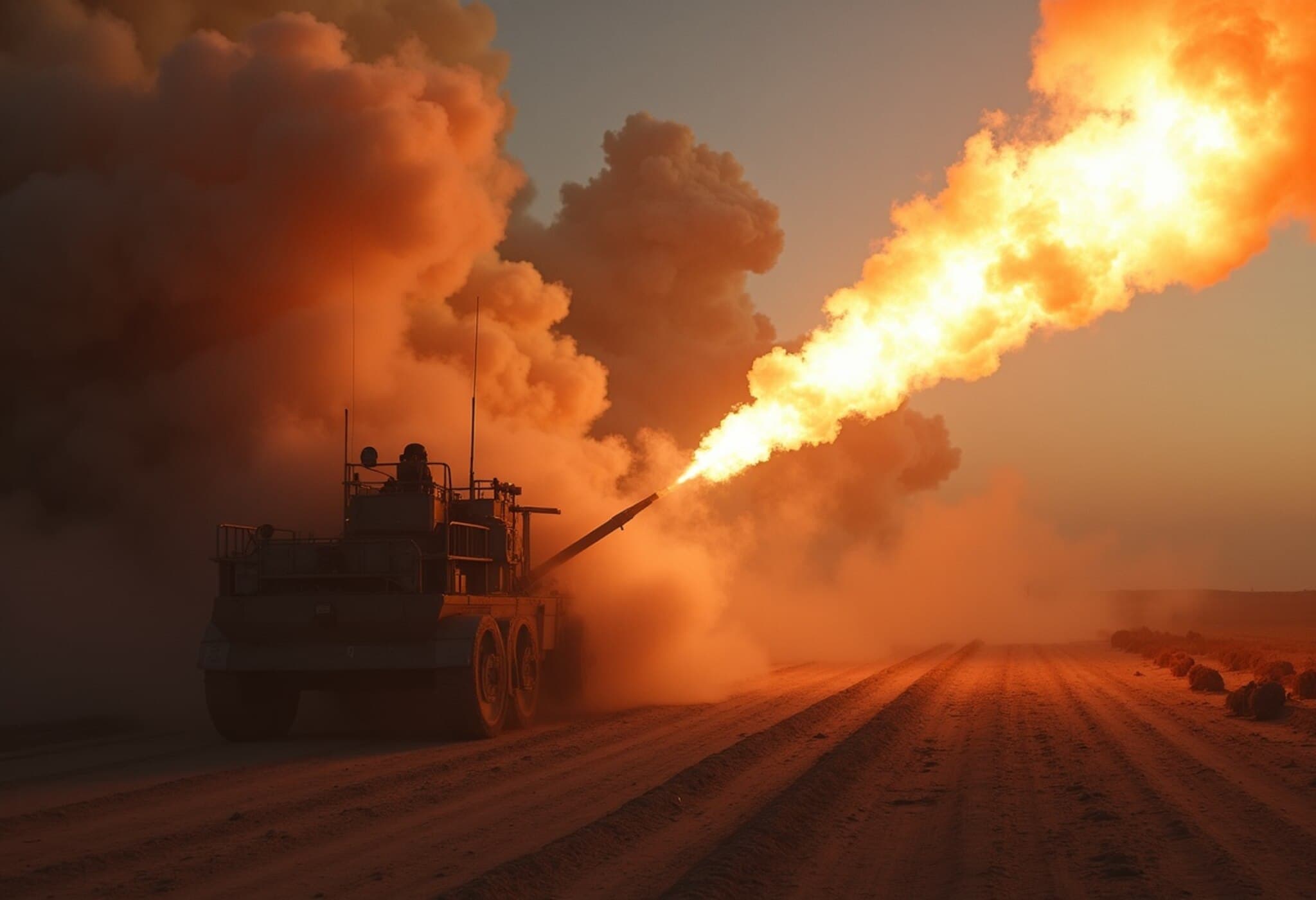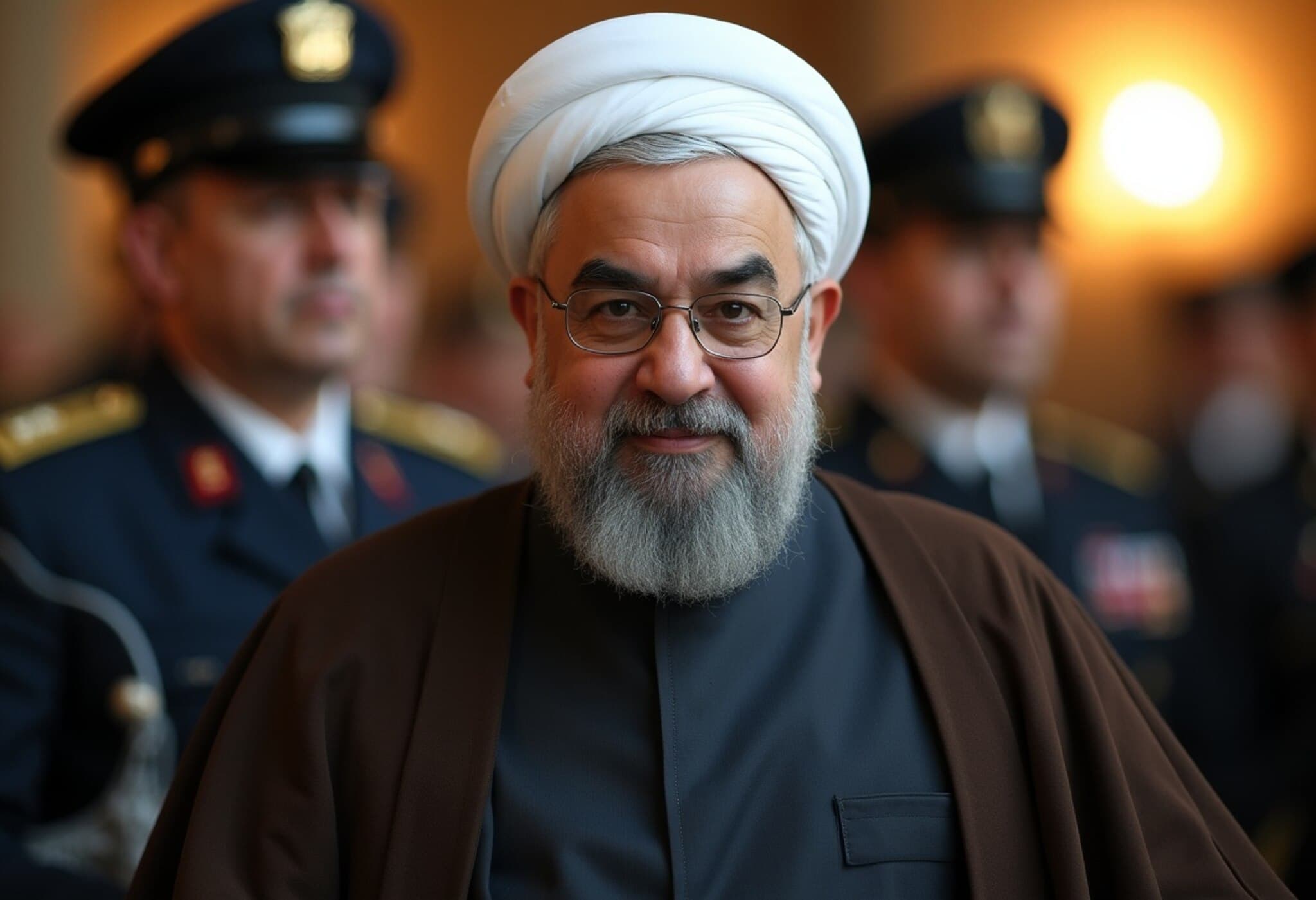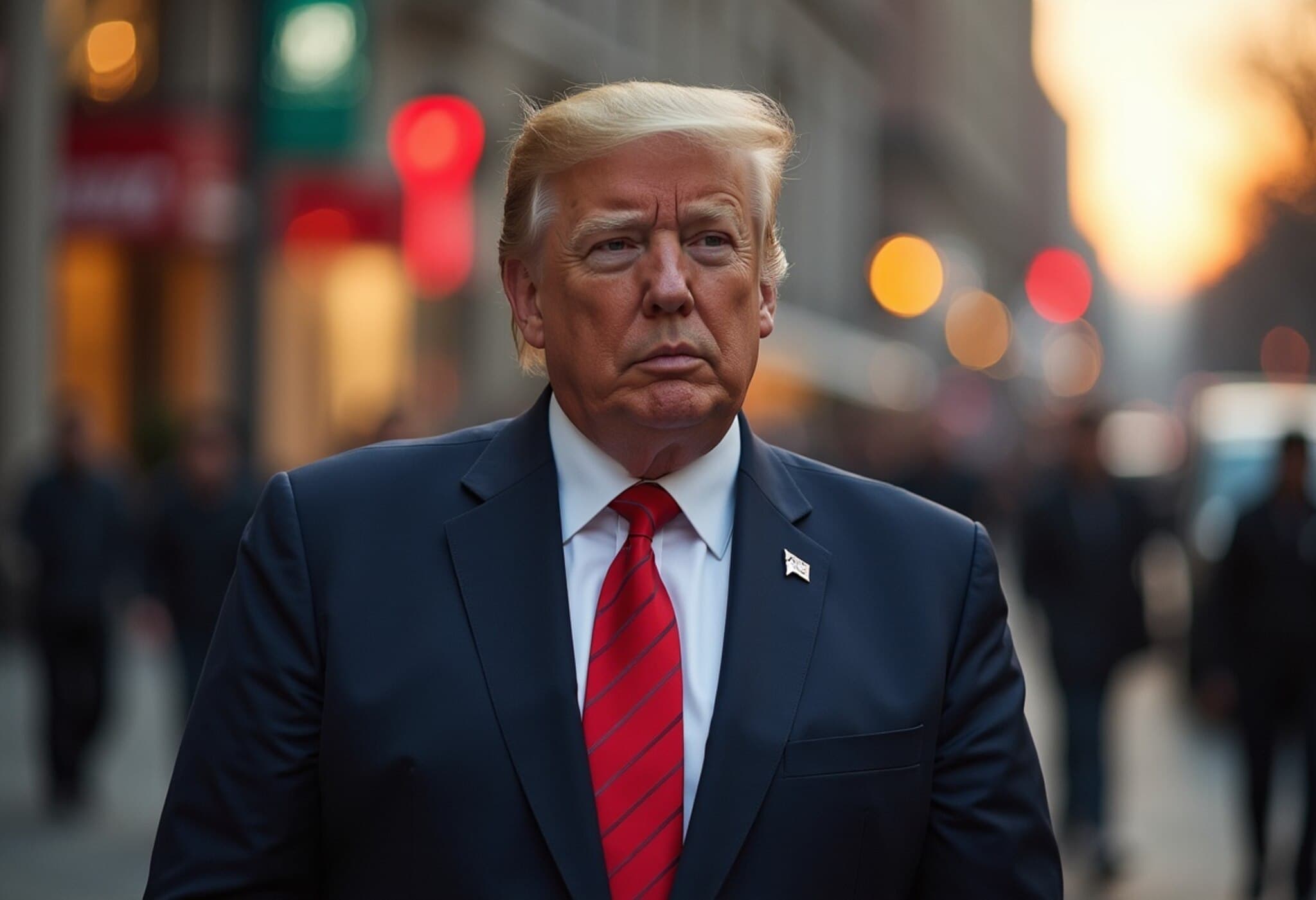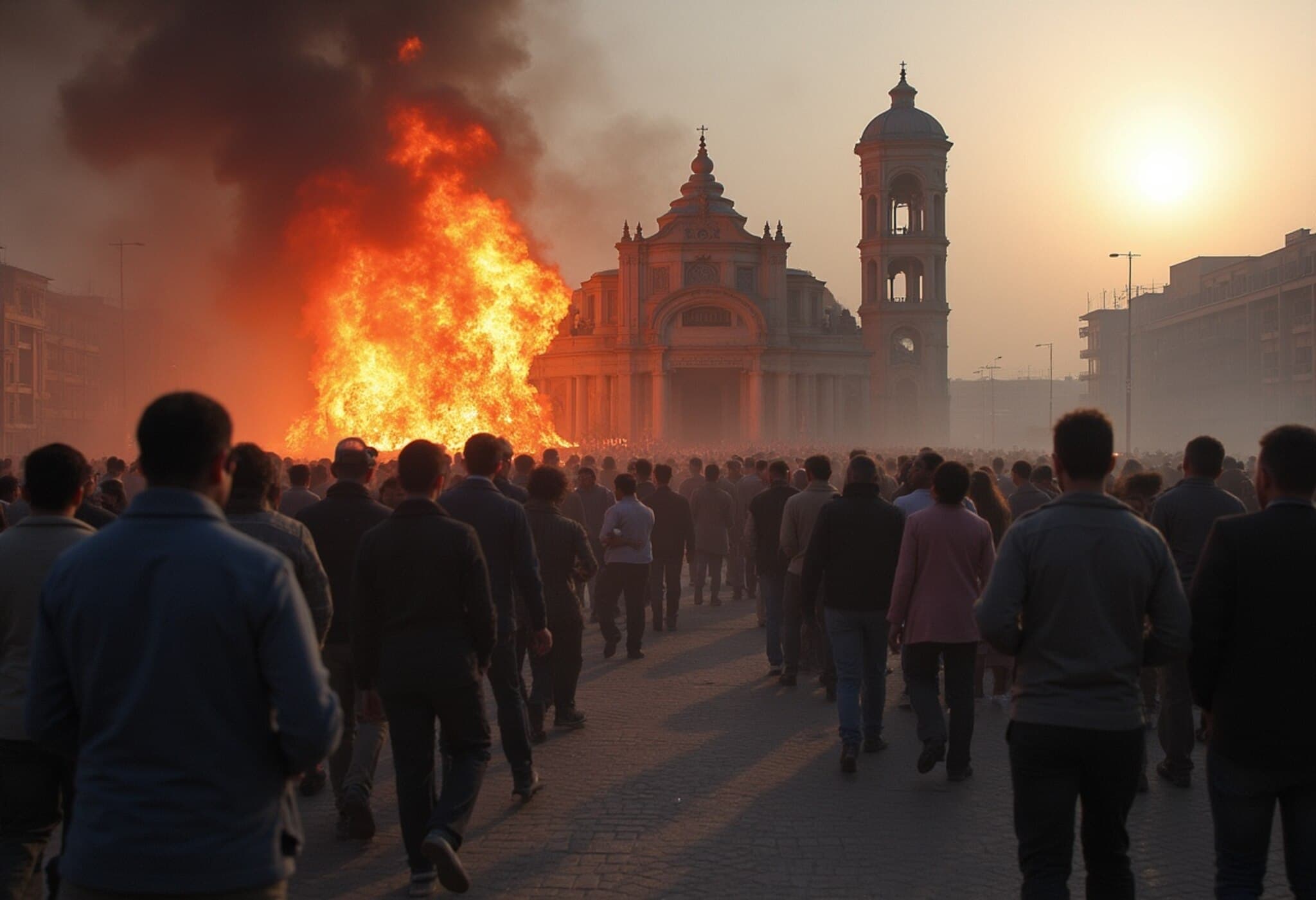Iran Seeks Moscow's Backing Amid Escalating US Strikes
Iran’s Supreme Leader Ayatollah Ali Khamenei has reportedly dispatched his foreign minister, Abbas Araqchi, to Moscow to solicit stronger support from President Vladimir Putin following a significant US military operation targeting Iranian nuclear sites. This marks the most extensive American strike against Iran since the 1979 revolution.
Rising Tensions and Regional Anxiety
In recent weeks, US President Donald Trump and Israeli officials have openly discussed potential measures against Khamenei, including assassination and regime change, heightening fears of further destabilization across the Middle East. While Russia has publicly condemned Israeli airstrikes, it has remained largely silent on the American attacks on Iranian territory.
Iran’s Call for Enhanced Support
Sources close to Iran reveal dissatisfaction with the extent of Russia’s backing so far, prompting the diplomatic mission to Moscow. Tehran is eager for Putin to bolster its position against increased Israeli and US pressure, though specific demands remain undisclosed.
Putin’s Calculated Diplomacy
The Kremlin confirmed plans for President Putin to meet Araqchi but refrained from detailing the agenda. However, the Russian foreign ministry indicated ongoing coordination between Iran and Russia regarding the escalating Middle Eastern crisis.
Putin has consistently proposed mediating between the US and Iran, emphasizing Moscow’s interest in preserving Iran's access to peaceful nuclear technology. Notably, he declined to entertain discussions about threats to Khamenei’s life and assured that Russian personnel involved in Iran’s nuclear projects would not be targeted in military actions.
Balancing Global Conflict and Regional Allies
Russia, a longstanding ally of Iran and a key player in nuclear negotiations, finds itself in a delicate position. With its military deeply engaged in Ukraine, Moscow appears cautious about entangling itself further with Washington over Iran, especially as diplomatic overtures toward the US intensify.
Looking Ahead
As tensions mount, Iran’s diplomatic efforts reflect its urgency to secure more robust backing from Russia. Meanwhile, the international community watches closely as the dynamics between Tehran, Moscow, Washington, and Jerusalem continue to evolve, shaping the future stability of the Middle East.

